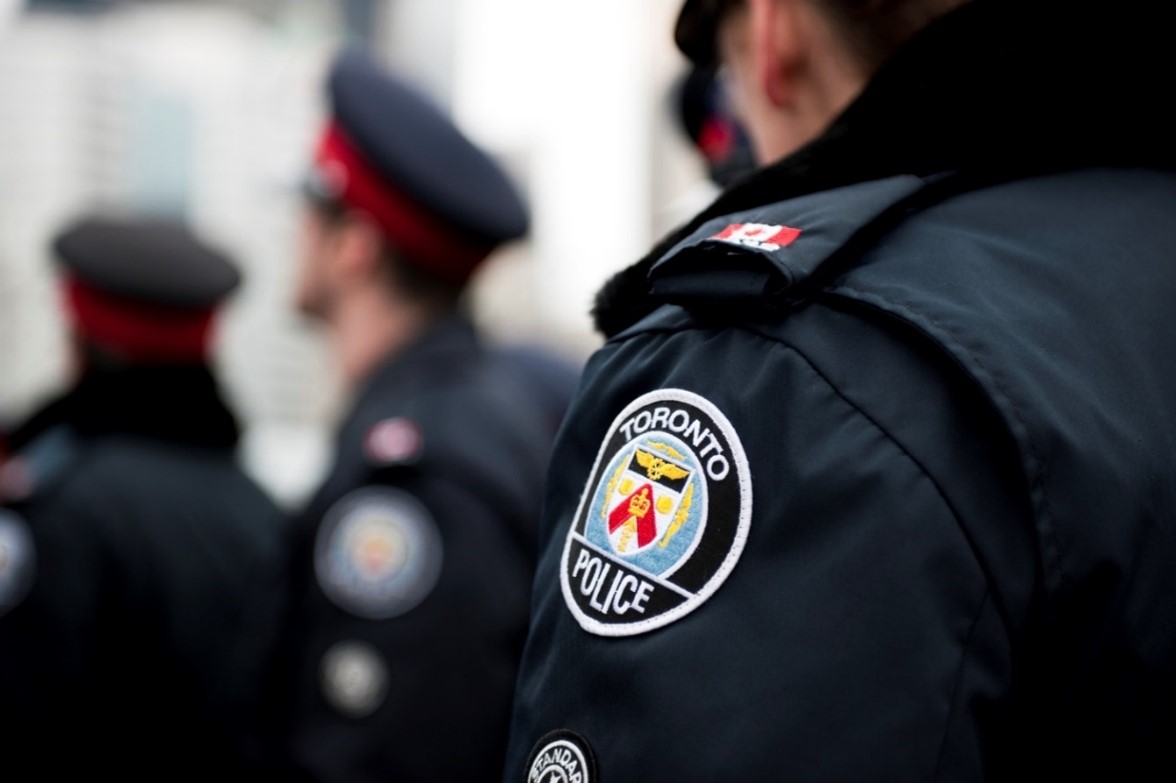Disclosure of COVID-19 Status Information by Labs and Medical Officers of Health to Police, Firefighters, and Paramedics

The Ontario government has passed an emergency order under the Emergency Management and Civil Protection Act allowing the disclosure of COVID-19 status information by laboratories and medical officers of health to specified people including police officers, firefighters, and paramedics. The government’s press release states that the purpose of the Order is to protect first responders, allowing them to obtain COVID-19 positive status information about individuals with whom they are coming into contact.
The specified custodians who are allowed to make the disclosure are:
- laboratories licensed under the Laboratory and Specimen Collection Centre Licensing Act; and
- medical officers of health within the meaning of ss. 1(1) of the Health Protection and Promotion Act.
The specified people who can make the request for disclosure are:
- A police officer as defined in the Police Services Act.
- A member of a police force other than a police officer as defined in the Police Services Act.
- A First Nations Constable appointed under section 54 of the Police Services Act.
- A member of a police service in which policing is delivered by First Nations Constables.
- An individual employed as a firefighter as defined in section 1 of the Fire Protection and Prevention Act, 1997.
- An individual who is,
- engaged in providing fire protection services as defined under section 1 of the Fire Protection and Prevention Act, 1997, and
- employed in a fire department as defined under section 1 of the Fire Protection and Prevention Act, 1997.
- A paramedic as defined in the Ambulance Act.
- A communications officer within the meaning of Ontario Regulation 257/00 (General) made under the Ambulance Act.
In addition to disclosing COVID-19 status information directly to the specified people, labs and public health can disclose COVID-19 status information to the Ministry of Health if the Ministry develops a system to facilitate access to COVID-19 status information.
The regulation also gives the Ministry of Health the ability to collect COVID-19 status information and use and disclose COVID-19 status information by making it available to the specified people.
While the emergency order only allows COVID-19 status information to flow from labs and public health units to police and other first responders, PHIPA allows for disclosures by other health information custodians depending on the circumstances.
Don’t forget that under s. 40(1) of PHIPA, custodians can disclose PHI if they have reasonable grounds to believe the disclosure is needed to eliminate or reduce a significant risk of serious bodily harm to a person or group of persons.
As an example of when this section could be relied upon, in a series of tweets on March 31, the Information and Privacy Commissioner of Ontario said that if a patient tests positive for COVID-10 and indicates that they refuse to self-quarantine or the custodian has other reasonable grounds to believe the patient is going to behave in a way that puts others at risk of COVID-19 infection, the custodian can disclose to whomever they think is appropriate to safeguard public health. The IPC stated that the reasonable grounds should be based on reliable information and more than having a hunch or suspicion. If you are considering relying on section 40 to disclose PHI, you should get legal advice.